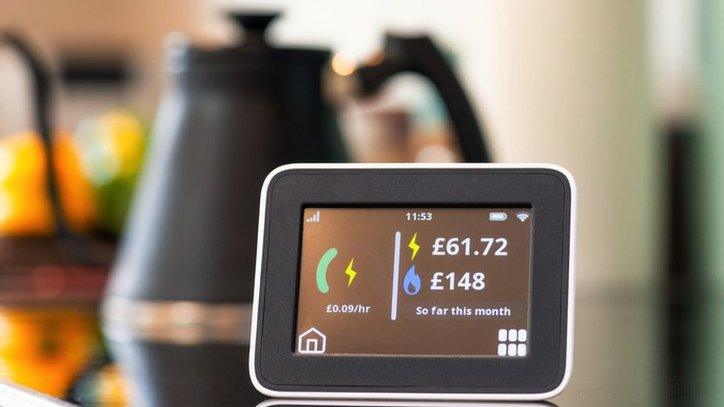Cost of living: Energy suppliers failing struggling customers - Ofgem
- Published
- comments

Energy firms have been failing vulnerable customers, the sector's watchdog has said, as people face a cold and costly winter.
Ofgem told all 17 firms in its review to improve, with Good Energy, Outfox, So Energy, Tru Energy and Utilita found to have severe weaknesses.
Failings included setting debt repayments so high that customers could not top-up their pre-payment meters.
But some of the suppliers hit back, calling the review "incomplete".
Consumer groups described the regulator's report as "hugely concerning" at a time when people were being hit by bills double the level of last winter, amid the soaring cost of living.
The regulator said some of the worst examples of poor practice included suppliers failing to read the meters of customers who could not do so themselves.
It also found that some vulnerable customers were unable to contact their supplier to top up their meter or to request support credit.
In some cases, debt repayment rates were set so high that vulnerable customers self-disconnected - in other words, did not top-up their prepayment meter when the credit ran out.
The regulator ranked firms in its review in three categories:
Severe weaknesses: Good Energy, Outfox, So Energy, Tru Energy and Utilita
Moderate weaknesses: E (Gas & Electricity), Ecotricity, Green Energy UK, Octopus and Shell
Minor weaknesses: British Gas, Bulb, EDF, E.ON, Ovo, Scottish Power and Utility Warehouse
Ofgem chief executive Jonathan Brearley said customers faced "pot luck" when calling their energy provider for help, and that making the service consistent was an urgent priority for him. He said that an elderly man's energy supply was simply cut off through the smart prepayment meter and he was left for almost two weeks without any power.
"He didn't know what was going on," said Mr Brearley. "He thought he was experiencing a blackout."
Helen works for Liverpool Community Advice which offers local people help on a range of issues including energy. She said she had seen several examples of poor customer service to elderly clients in particular.
She helped an 83-year old blind and partially deaf man who was in hospital when he was switched to new provider after his old one went bust.
Given he didn't know the firm, the man cancelled the direct debit. After two letters, he was referred to a credit reference agency.
"The new provider's customer service was so bad that they ended up issuing a CCJ against him, sent his file to bailiffs twice - who visited his home at 07.30 in the morning to remove his goods - and have until recently ignored his complaints," Helen says.
The new provider said that they did not know he was vulnerable as that information wasn't provided by his previous supplier.
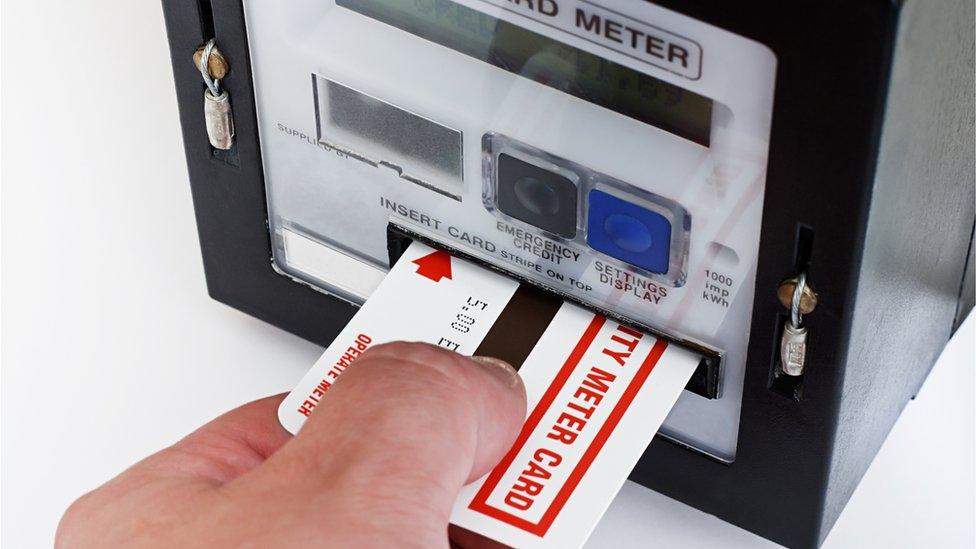
Almost 7.4 million people in Britain use prepayment meters for their energy
The review is Ofgem's third into various aspects of suppliers' treatment of customers. The first demanded action on soaring direct debit demands and the second found more help was needed for people on payment plans struggling to pay.
This latest review required suppliers to give evidence about how they identified and kept records of customers in a vulnerable situation, and whether they were added to a priority register for help.
Suppliers also gave information about free gas safety checks and vulnerable prepayment meter customers.
All the suppliers that submitted data to the regulator were told they must improve their practices.
Ofgem said that in general, there were risks that people were not identified as vulnerable and given the support they were entitled to.
But questions have been raised for the regulator itself, which has been accused of being asleep at the wheel when bills are soaring and suppliers failing.
In response, it said it had moved proactively, rather than waiting for issues to be reported.

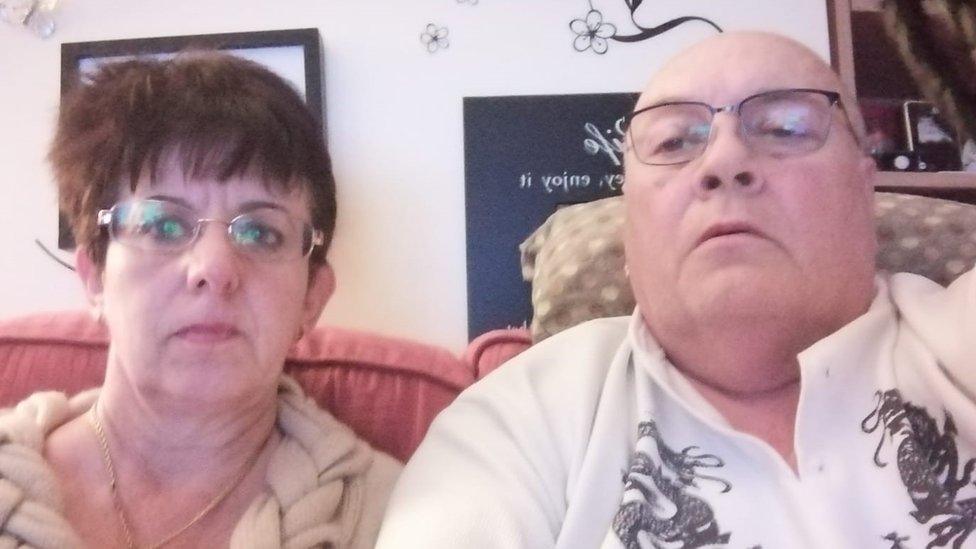
Peter and Joanne Davis from Cambridgeshire
Peter Davis, 69, from Cambridgeshire says his smart meter has been broken for the past year and he doesn't feel he is getting adequate support from his provider.
He is a pensioner with osteoarthritis in his hip and knee. His wife Joanne Davis is also partially disabled and had just been diagnosed with breast cancer.
"Our smart meter was installed in 2015, and just goes offline, or says pending," says Peter.
Joanne said she had called them numerous times. "On one occasion the [customer service] man said he could see there was a problem with the meter and he'd call back the following Monday - but never did."
Peter said: "It seems to us that they just don't care as long as they are getting paid."



Have you had a good or bad experience with your energy firm? Share your experiences haveyoursay@bbc.co.uk, external.

To help households with higher bills, the government introduced a cap to limit price rises, meaning a typical home pays £2,500 a year for gas and electricity. However, the cap is on the unit price of energy, so those with higher usage will pay more.
This cap has been extended for 12 months from April, but will be at a higher level, so a typical household will pay £3,000 a year. Various cost-of-living payments have been announced to protect the more vulnerable, but charities and consumer groups have warned that many will still face a particularly tough time this winter.
Rocio Concha, from consumer group Which?, said suppliers needed to up their game to help people on the lowest incomes.
"It is hugely concerning to see Ofgem has found that so many energy firms are falling short on the support they provide to their most vulnerable customers," she added.
However, Energy UK, which represents suppliers, said many firms had gone beyond what they were required to do by the regulator.
"Identifying and supporting vulnerable customers is already a top priority," said Dhara Vyas, director of advocacy at Energy UK.
"Our members have responded swiftly to Ofgem's review - including providing additional documentation to demonstrate where processes were already in place, and will continue to look at all the ways they can make sure people get the help and support they need."
Some of the suppliers named as having the biggest problems reacted strongly to Ofgem's report.
Simon Oscroft, co-founder of So Energy, said: "Over the course of the last months and weeks, we have provided Ofgem with extensive additional information related to this review and we are disappointed that Ofgem has proceeded on the basis of incomplete information, and in a manner that may now cause vulnerable customers unnecessary concern."
A spokesman for Utilita said: "Ofgem's report does not represent where we are as a business today, nor does it acknowledge the significant progress we have made - and are making - since its initial assessment in early summer."
The chief executive of Good Energy, Nigel Pocklington, said it was "disappointing that once again Ofgem have published a verdict part way through the evidence-gathering process".
"Despite providing Ofgem with extensive information which addressed their concerns, it is regrettable that this publication does not account for this," he added.
The BBC has contacted Outfox and Tru Energy for comment.
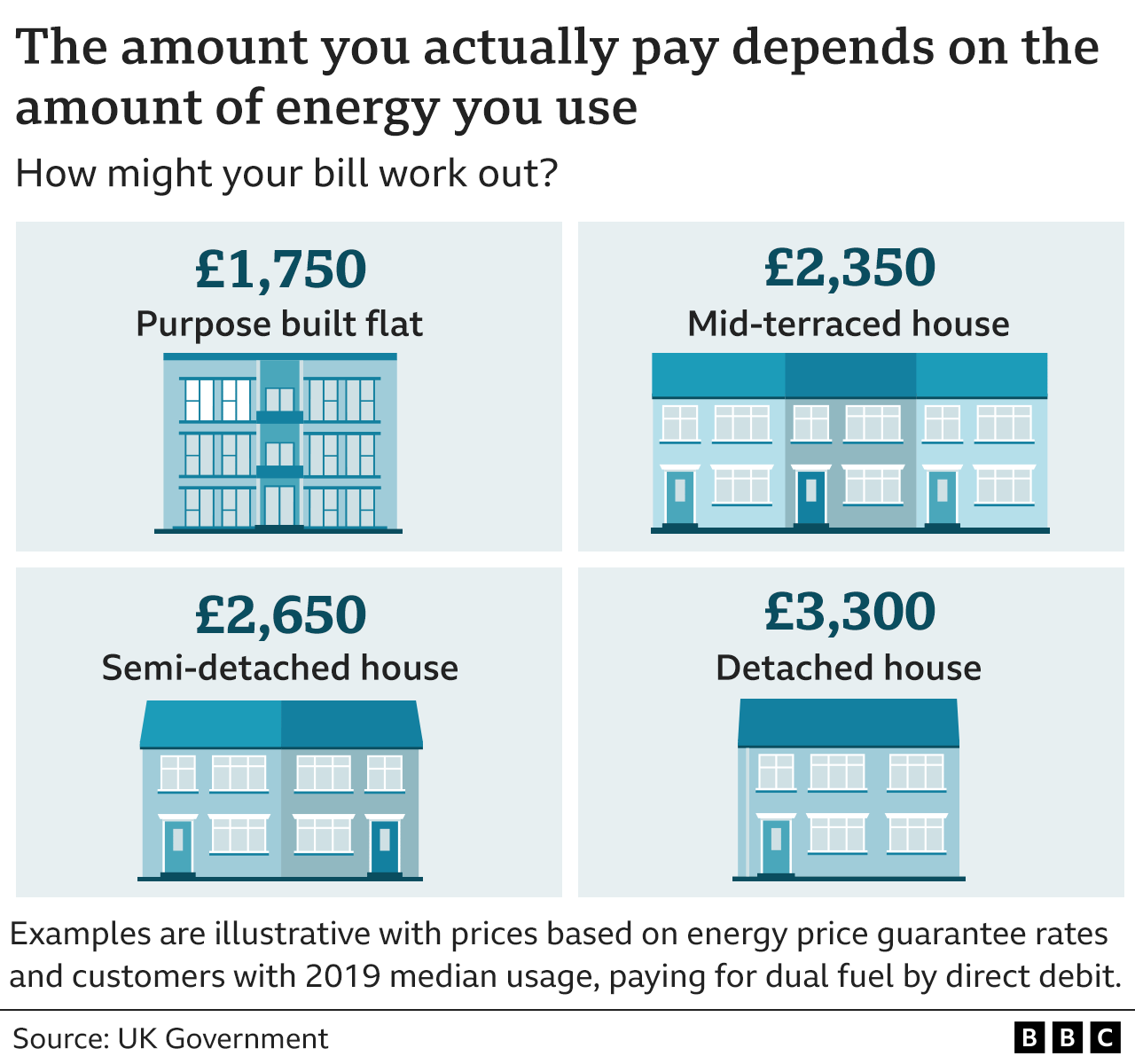
Related topics
- Published17 November 2022

- Published14 November 2022

- Published4 November 2022
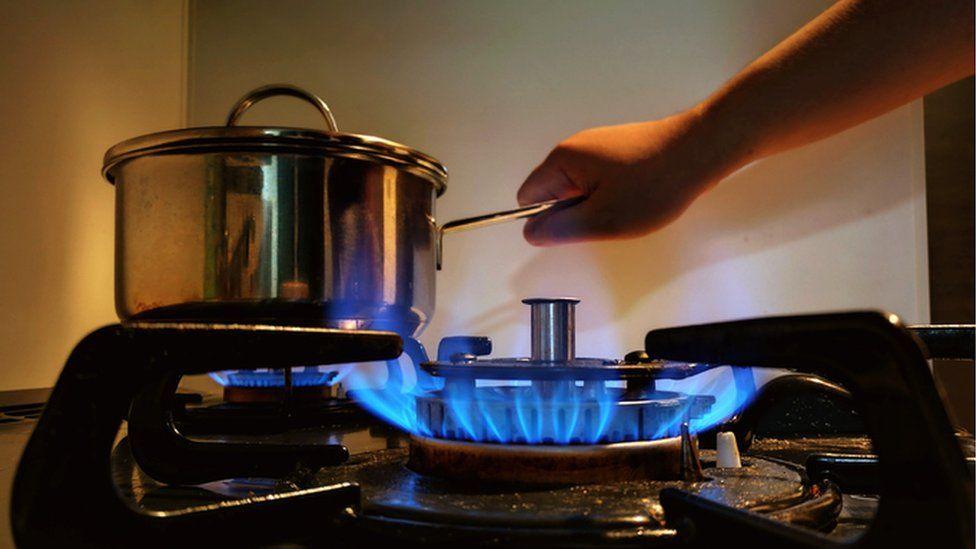
- Published13 July 2022
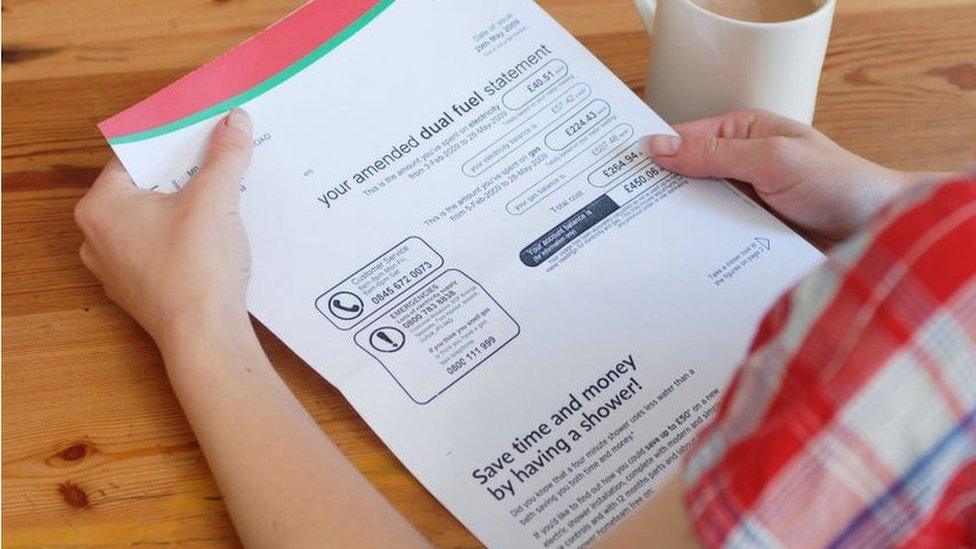
- Published1 October 2022
